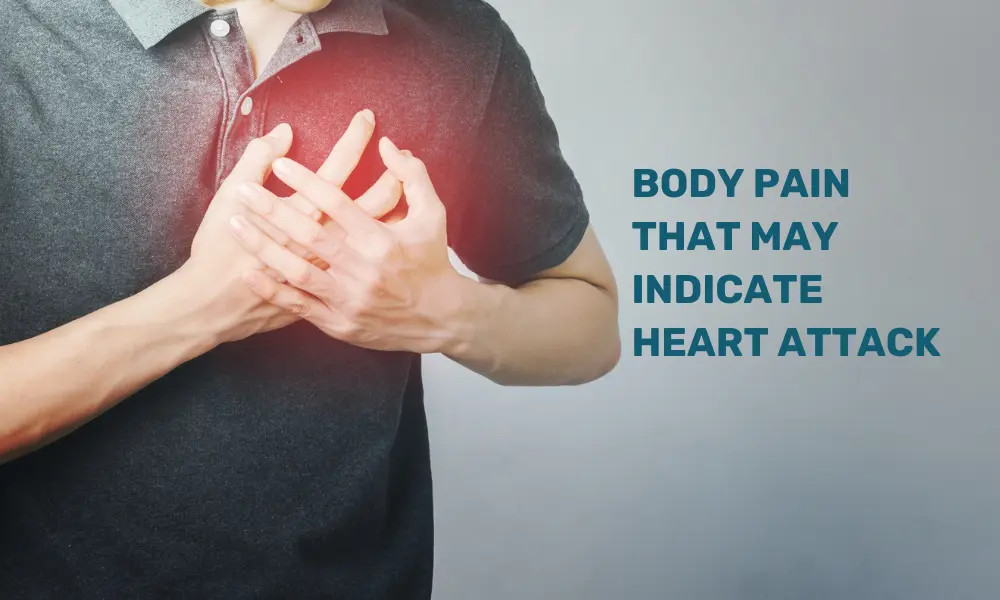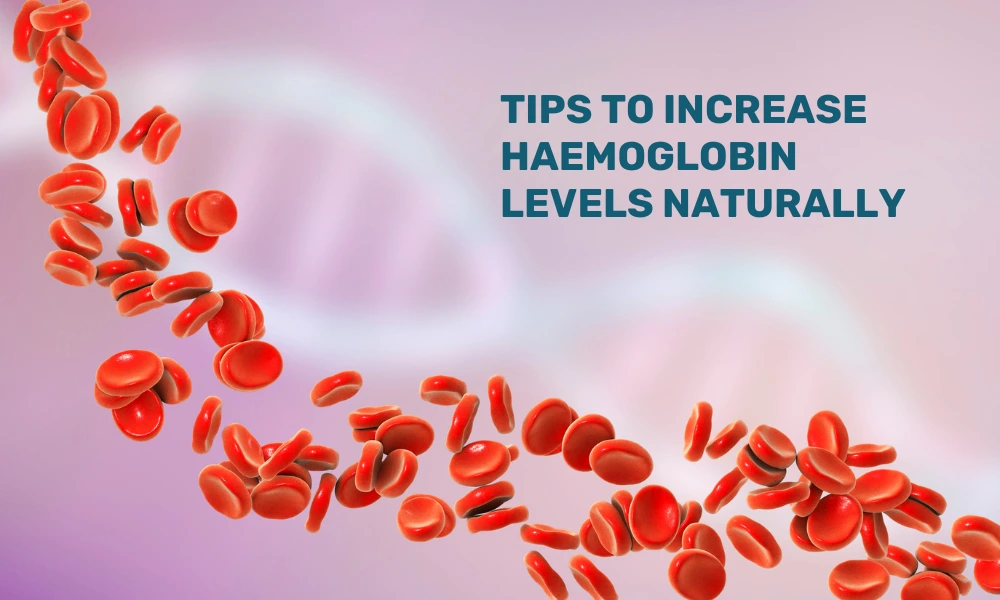A heart attack is not sudden; it is instead a gradual process involving years of deterioration in heart health. However, certain symptoms may appear before a heart attack. One needs to be aware of early indications of a heart attack.
What are the symptoms of a heart attack?
The symptoms of a heart attack may include sharp to mild chest pain or discomfort in the chest that may persist for a few days. Further, in some cases, there may not be any apparent symptoms like these beforehand.
But there are body aches that may signal a potential heart attack, especially when combined with other symptoms. Here is a list of five body pains that can indicate a heart attack:
Five body pains that indicate a heart attack
-
Throat and Jaw Pain: During physical activities, individuals may experience pain or a choking sensation in their throat or lower jaw. This pain may resemble a toothache or pressure in the neck region. If this type of pain persists for a long time, one must consult a doctor and not ignore it for long.
-
Arm Pain: One of the common indicators of heart attack is pain or discomfort in the left arm, especially radiating from the chest. The pain may be a shooting pain and may travel to the shoulders. Nevertheless, this should not be ignored.
-
Chest Pain: One may feel discomfort, tightness, or heaviness in the chest. This type of pain may occur in the centre or left side of the chest and is one of the main indications of a heart attack. One may confuse this symptom with acidity.
-
Abdominal Pain: Pain in the upper abdomen may indicate a heart attack. An individual may experience uneasiness, tightness, or pressure accompanied by vomiting.
-
No Pain: A rare condition known as silent myocardial ischemia, has generally no pre-symptoms before a heart attack. This is more common among diabetics, elderly individuals, and those with neuropathy.
How to prevent a heart attack?
There should be a holistic approach to dealing with stress that has become a part and parcel of our daily lives. Here are some tips to deal with it-
1. Healthy food: Wholesome food, including fresh fruits and vegetables and whole grains rich in antioxidants, is a great way of reducing inflammation in the body. Iodine, selenium, and zinc are important elements for thyroid function. So, including foods rich in these elements, such as nuts, whole grains, and seeds, maintains good thyroid health.
2. Work-life balance: The advent of working from home and its advantages has a significant disadvantage: the line between personal life and work gets blurry. Long hours and irregular timings, targets, and deadlines make stress seep into our lives. So, compartmentalizing work and personal time is vital. Taking multiple breaks in the day can give a refreshing time and improve productivity. Taking some days off from work occasionally also can help reduce stress levels.
3. Regular exercise: Exercise releases endorphins, or happy hormones. Regular exercise in any form is a great stress buster and has numerous other health benefits as well. Many hypothyroid patients complain of fatigue despite adequate supplementation; in such patients, exercise helps reduce fatigue.
4. Sleep well: For our body and thyroid to function well, good quality sleep for adequate duration, that is, at least 8 hours, is a must. Setting a good bedtime routine, like reading a book before sleeping and dimming the lights, might help if falling asleep is a problem. A completely dark room without noise is also essential for good quality sleep.
5. Do not worry much: One must not overthink yesterday or tomorrow and focus only on today. However big a problem is, focus on what can be done about it today and work on it. This approach makes most worries or problems easier.
6. Deep breathing exercises and meditation: Take some time out in your day for mindful breathing, in which you concentrate on inhaling and exhalation your breath. Meditation has been shown to reduce stress levels scientifically.
7. Seeking help: Seeking professional help and not feeling guilty about it is extremely helpful, as medication and counselling are sometimes required and make a big difference.
It is crucial to understand that heart attack symptoms can differ significantly from person to person. Severe or persistent symptoms, especially when accompanied by sweating, dizziness, or anxiety, require immediate medical attention.
Simple and quick diagnostic tests, such as ECG, ECHO, and blood titters, can help distinguish heart-related pain from other types. Prompt action is vital in the event of a heart attack. Recognizing these symptoms and their potential implications can help ensure timely, life-saving medical care.





